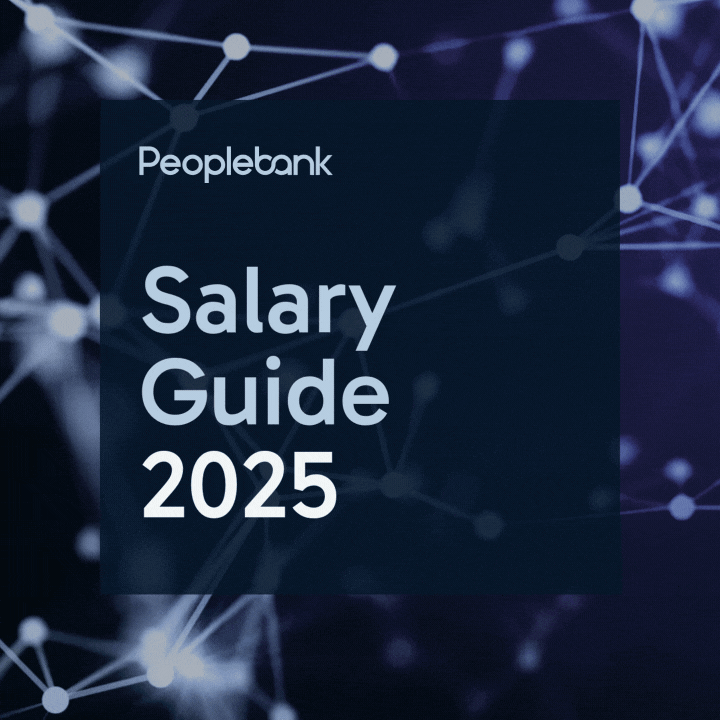How to beat procrastination!
Procrastination is often perceived as a result of laziness. However, this isn’t necessarily true. Research indicates that procrastination can stem from the fear of failing or succeeding at a certain task. It can also be because the task in front of us seems more daunting or difficult than it really is which causes anxiety – so we put off doing it! And of course, there is the case of being a perfectionist – when we think things need to be done perfectly, we sometimes avoid doing them at all.
The worst thing about procrastinating is that even when we sit and do other things rather than our work, our anxiety increases, and we experience feelings of shame and guilt making it impossible to enjoy anything until the task we know we have to do, is done.
No matter what your reason is, here are a few ways to help you escape the guilt-ridden experience of procrastination!
Prioritise your to-do list
The to-do list can be your best anti-procrastination tool. For one thing, it has all your tasks and due dates in one place, and you can highlight in any way that suits you what are priority items and what you can do later.
Make it a rule to start tasks that have the earliest due date first. Whether they are big or small. Then after this, tackle big tasks (as once you get through them you can get through anything!). Sometimes it may seem easier to do the smaller tasks first, but that wouldn’t be ideal time management, unless they are urgent. It’s also helpful to create an estimated time in which the task or project can be completed. This way, you create an expectation in your mind to follow and guide you. It also feels amazing to tick off a task you’ve completed!
Get any challenges started before lunch
Research suggests that on average people are most productive in the morning hours, specifically 11am. We also become less productive after lunch and even less so after 4pm. So, it’s a good idea to face your challenges early as this is when you will get more done. If you know you’ll need more time, set out a plan configured of steps of what needs to happen next. This will help in making sure you continue on and have a clear path of what to do.
Don’t overwork – take adequate and frequent breaks
Some people prefer to power through their day, doing as much as they can without stopping. This often runs people down quickly. By the end of the week that person’s productivity would have likely plummeted. Going for a short walk, grabbing a snack/drink, or doing a ten-minute meditation will be enough to refresh you so you can continue your work with a clear and focused mind. (Note: This does not mean a Facebook break!)
Let go of perfectionism
With a perfectionist mindset, we can put off tasks until the ‘perfect moment’. Or we can spend lots of time on really small details, preventing us from moving forward in a project. There is no such thing as completely perfect. So, logically speaking, think of it this way; the earlier we complete a task the more time we have to refine it and improve the work. This means that if we continue to put off certain tasks or projects, we’ll often end up with a mediocre outcome, or missing deadlines which are two things very far off perfect.
Let people help you
If you’re feeling overwhelmed by the amount of work on your plate ask for help or if you can, delegate. Most workplaces consist of teams, a team is there to help each other succeed so that the business succeeds too, don’t be shy to ask your teammates for help or assistance. Having help relieves stress and makes all tasks seem achievable.
Don’t over-promise
Don’t say yes to everything just because you’d like to please everybody. Only take on what you know you can. When you have too much work on, it can be easy to procrastinate because you might not know where to start! Make sure your to-do list is manageable and that everything on it is of absolute necessity.
Self-motivate by setting goals and planning rewards
After achieving your goals, let yourself read that article you wanted to (when procrastinating), or take a nice coffee break, or catch up on personal tasks. Make sure there is something to look forward to at the end of a project. This helps to motivate completion. It’s better enjoying some time to yourself when you know you’ve finished all you needed to do. There will be no guilt or shame and definitely no anxiety because you will have worked hard (or rather, smart) for it






















